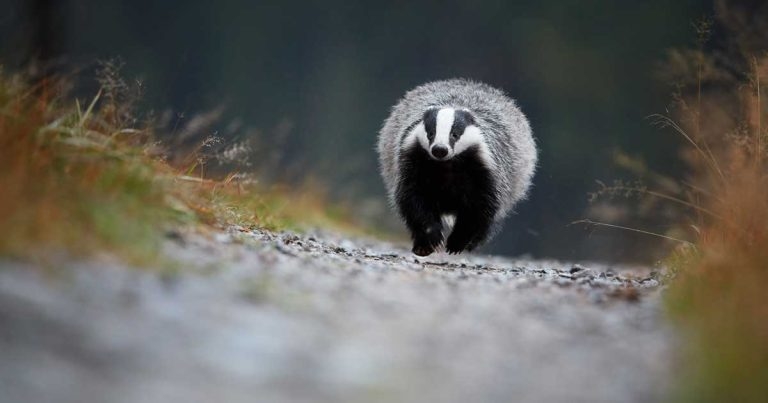15 Jan 2024
The association has welcomed calls for collaboration from a leading critic of the controversial badger cull policy in England, but insists that option should remain open where it is needed.

Image © Martin Mecnarowski / Adobe Stock
A leading veterinary body has revealed it is reviewing its policy on bTB, amid fresh calls for increased collaboration against the disease.
The BCVA confirmed the move following publication of a new Badger Trust report that urged a focus on the “sustainable co-existence” of farming and wildlife.
But despite some common ground on the role of private farm vets, the two groups remain divided by the controversial policy of badger culling in England.
BCVA board member Sarah Tomlinson said its review would reflect “the current, positive situation” in which the number of cattle contracting bTB in England had hit a 15-year low.
She said: “We need to bank the benefits of the successful combinations of tools that have been used to achieve the reduction in bovine TB, and we need to look at what tools we need to use in the future.”
But the trust, which proposed a non-cull strategy across Britain, is hoping for significant change in 2024 and claimed its report has already attracted cross-party political support.
Executive director Peter Hambly said: “We believe the badger cull in England distracts from implementing the most effective policies on bTB, and a collaborative approach is needed based on the evidence.”
The trust’s 128-page document – entitled “Tackling bovine TB together: towards sustainable, scientific and effective bTB solutions” – argued that Britain should be treated as a single epidemiological unit and the focus of policy should be on cattle-focused measures that it said had generated faster disease reductions in Wales and Scotland.
In an accompanying commentary, David Macdonald, founder and director of the Wildlife Conservation Research Unit at the University of Oxford, warned that debate on the issue had often come close to “the blinkered strangulation of tribalism”.
He also argued badgers, cattle and farmers had all suffered “on the basis of rather unpromising evidence that culling badgers was ever going to make much difference, and even with unfolding hindsight no definitive evidence that it is doing so.”
Prof Macdonald added: “Nobody can take pleasure in the uncertainty that still stubbornly prevails.”
But Mrs Tomlinson, who also serves as technical director of the TB Advisory Service, said an evidence-based approach to the disease was needed and there was no sign to show that wildlife acts as primary cause of bTB in Scotland.
She added: “That’s not the case as we come south, where wildlife control is still a tool we need to have in our toolbox. Not only culling, but badger vaccination, too, where compliance can be assured.”
But one area of apparent consensus between the organisations is focused on developing a greater role for private farm vets in tackling the disease on the ground.
The trust report called for greater collaboration between government vets and private vets, as well as greater efforts to encourage vets to become accredited TB advisors.
Mrs Tomlinson said the association “can agree” with the report’s arguments in that area and welcomed its call for a coordinated approach.
She added: “We are looking at how farm vets can be better used as part of an advisory team alongside the APHA to support farmers – to proactively reduce the chance of TB breakdown, preserving the health and welfare of cattle – and also the well-being of farmers, who are sometimes the forgotten casualties of this devastating disease.”